
Business leaders have been hearing how an undersea tunnel could link Jersey, Guernsey and France.
Experts from the Faroe Islands, involved in constructing a tunnel network there, have been explaining how a subsea link could be replicated in the Channel Islands.
Connect 3 Million, a collaboration of Channel Islanders, has brought Arild. P. Sovik, Network Director at the Norwegian Tunnelling Society; and Teitur Samuelsen, CEO of Eystur- og Sandoyartunlar, the Faroe Islands government-owned tunnel corporation, to the islands to give presentations to Jersey and Guernsey's Chambers of Commerce.
Jersey Chamber of Commerce CEO Murray Norton told us it was to understand just how realistic a prospect it is:
"This is something that has been done elsewhere. It's something that has been proven to work in other parts of the world where they have islands and they need to connect them to the mainland.
The Jersey Chamber of Commerce wants to make sure that we explore all opportunities - even those crazy ideas like building a tunnel.
Let's just look at the 'what if?' and talk to experts from the Faroe Islands, who have been building these tunnels for quite some time, and find out just exactly how they did it and how much it cost.
Unless we hear from these experts we won't know the facts of what is possible and what is not."
The Faroe Islands, with a population of 55, 000 people, have built 11 kilometres of tunnel in four years.
Conversations were optimistic for the islands' economic possibilities and the scheme's potential to enhance existing infrastructure.
Business owner Rollo De Sausmarez, who is part of the Connect 3 Million project that is backing the idea, is passionate about it:
"The economic benefits for the island from the utilisation of existing infrastructure are really exciting; things you could use your port for, things you could use your airport for, access to Guernseys port which is a better deep water port for cruise ships.
Often I think we sell ourselves short. If we can connect, from an economic, social, employment (and) housing situation we can really turbo charge our economy."
After the presentation, Chamber of Commerce CEO Murray Norton was hopeful about the direction of the conversation.
"Until you have the facts in front of you it's very difficult to have that conversation because you just have people's opinions.
What we now have is the facts - what it might look like, what it might cost, where it might run, how we might build it, and the process that we would need to go through... so now we have something we can build on."
At the time, Economic Development Minister Deputy Kirsten Morel said it could help address labour shortages and an ageing population
"One of the huge challenges we have over the coming years is finding the economic growth that we will need to pay for the healthcare we will need to pay for by 2040, but without growing the population significantly.
"One of the ways of doing that would be for people to be living in France but working here in the island, which would help us grow the economy without more migration."
Deputy Morel said the French authorities would need to be onboard, particularly in terms of travel to and from the continent.
Freedom of movement between the EU and Britain came to an end in 2020 because of Brexit.

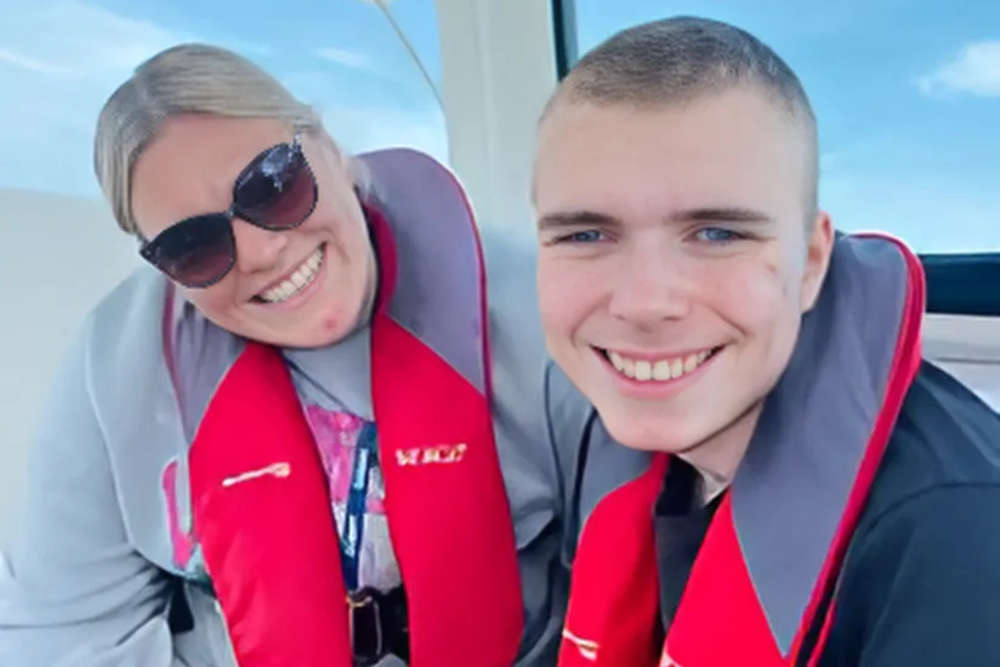 Autism Jersey benefits from JT's Community Giving Scheme
Autism Jersey benefits from JT's Community Giving Scheme
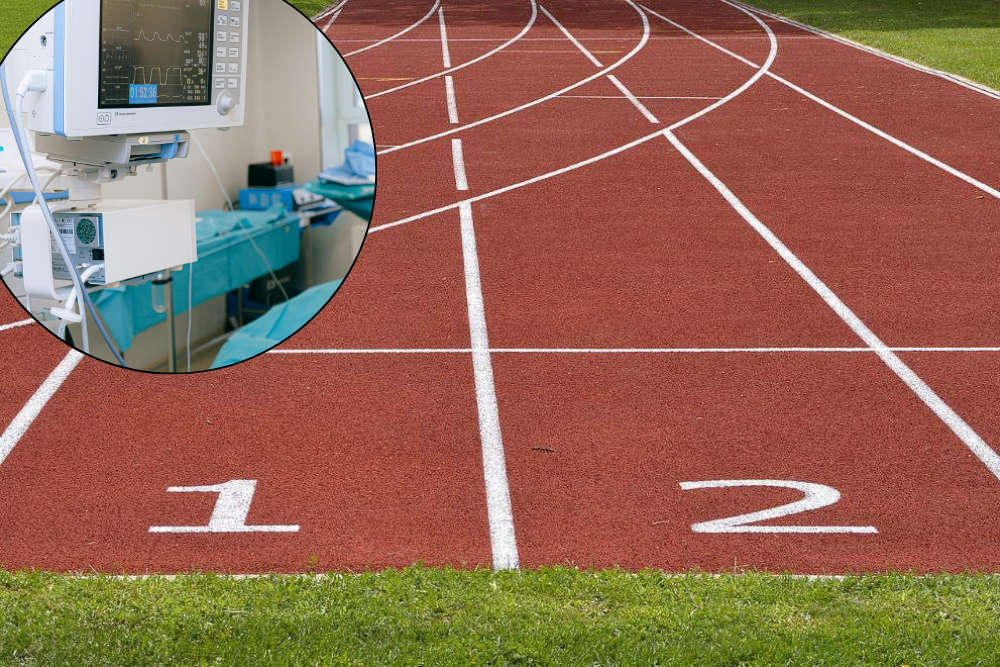 Jersey athlete, Lily McGarry, appeals for donations for prosthetic limbs
Jersey athlete, Lily McGarry, appeals for donations for prosthetic limbs
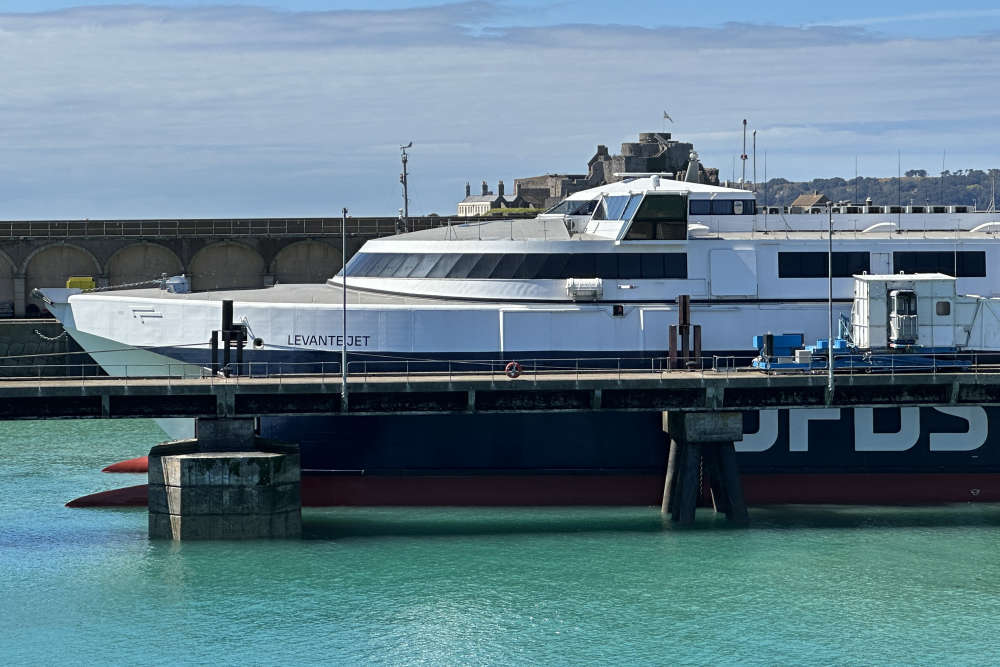 Levante Jet makes maiden voyage to Jersey
Levante Jet makes maiden voyage to Jersey
 The split between working and non-working Jersey homeless is nearly 50/50
The split between working and non-working Jersey homeless is nearly 50/50
 ArtHouse Jersey launches Liberation 80 exhibition
ArtHouse Jersey launches Liberation 80 exhibition
 Carers offered free training sessions for dementia
Carers offered free training sessions for dementia
 Philip's Footprints introduces new 'Seymour Stroll'
Philip's Footprints introduces new 'Seymour Stroll'
 Firefighters save two islanders from serious St Peter car crash
Firefighters save two islanders from serious St Peter car crash

